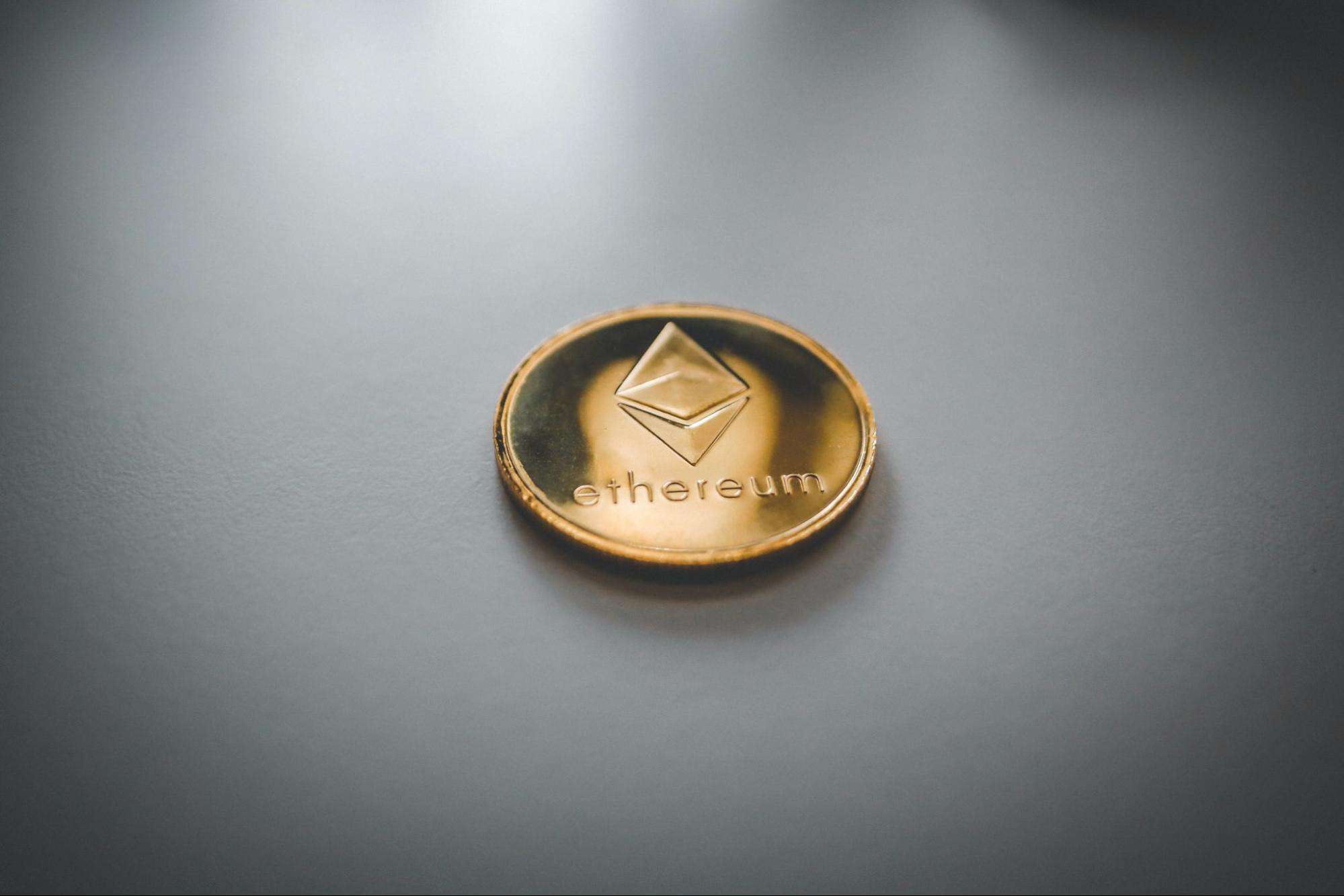NFTs are hard to wrap your head around for the first time. You have probably heard some of the extreme examples of NFTs getting sold for huge sums of money. DJs 3LAU and Steve Aoki have managed to sell NFTs for seven-figure sums of cash. So what is an NFT, and why is it important for the future of the music industry?
An NFT is a non-fungible token. It creates scarcity and limitation to any piece of digital art. When you buy one of these tokens, you aren’t buying any copyright or claim to ownership of the piece. So what are you getting?
When you purchase an NFT, you’re purchasing a unique asset that gives you a stake in a piece of digital art such as an album, or even a video. They’re effectively a digital limited edition. For instance, if there is only one NFT made available, whoever buys it becomes the sole collector. If the NFT gains in value, it can be sold on.
The token is born out of blockchain. Similar technology is used to make cryptocurrency work. The uniqueness of the token carries a lot of value. You can’t make a copy of this token, and in many cases, there is just one allocated to a piece of work.
Every NFT is an individual and unique token, but there may only be one, like owning an original of a painting. However, it might be more like owning a rare trading card. You don’t have the “one true original” and there may be 50 of 100 of the edition. This scarcity still creates an added value. The idea is that NFTs will prove to be speculative assets, and gain in value over time.

The security of an NFT is another important factor in what makes them popular. This is effectively the creative industry turning the blockchain technology into a method of keeping your “collection” of art secure. Blockchain means that there is a record of every transaction relating to the particular token. This is the way that cryptocurrency works. In theory, this is secure, and some say it is even harder to steal than a physical piece of art. However, cryptocurrencies have been hacked and stolen before, so this is up for some debate.
Where can people buy and sell NFTs? Well, in the grand scheme of things, these are brand new. That means that the industries that use NFTs are still adapting. There are some marketplaces where NFTs can be traded including Nifty Gateway and OpenSea. If you’re going to trade in them, you need to make sure that you check that all of the Blockchain technology is in order. This is your protection as a buyer or seller.
It can feel like a strange concept to start with. You don’t own the artwork, only a token of the artwork, but when you consider the value that first pressings of vinyl now carry, you’ll start to understand the appeal that comes with scarcity. There are examples of these albums selling for millions. Are people buying this for the sound of the first pressing? Unlikely. It’s the scarcity that brings value, and the concept is exactly the same when it comes to NFTs.
While nobody knows how the concept of digital ownership will evolve in the future, NFTs aim to stop everything from becoming a copy of a copy. For musicians, they can bring a new income stream, and perhaps even a boost in perceived value.
With immersive audio being still so new and on the front lines of music technology, could there be an opportunity to present high quality, rare immersive music as NFTs? We'll be on the look-out.

